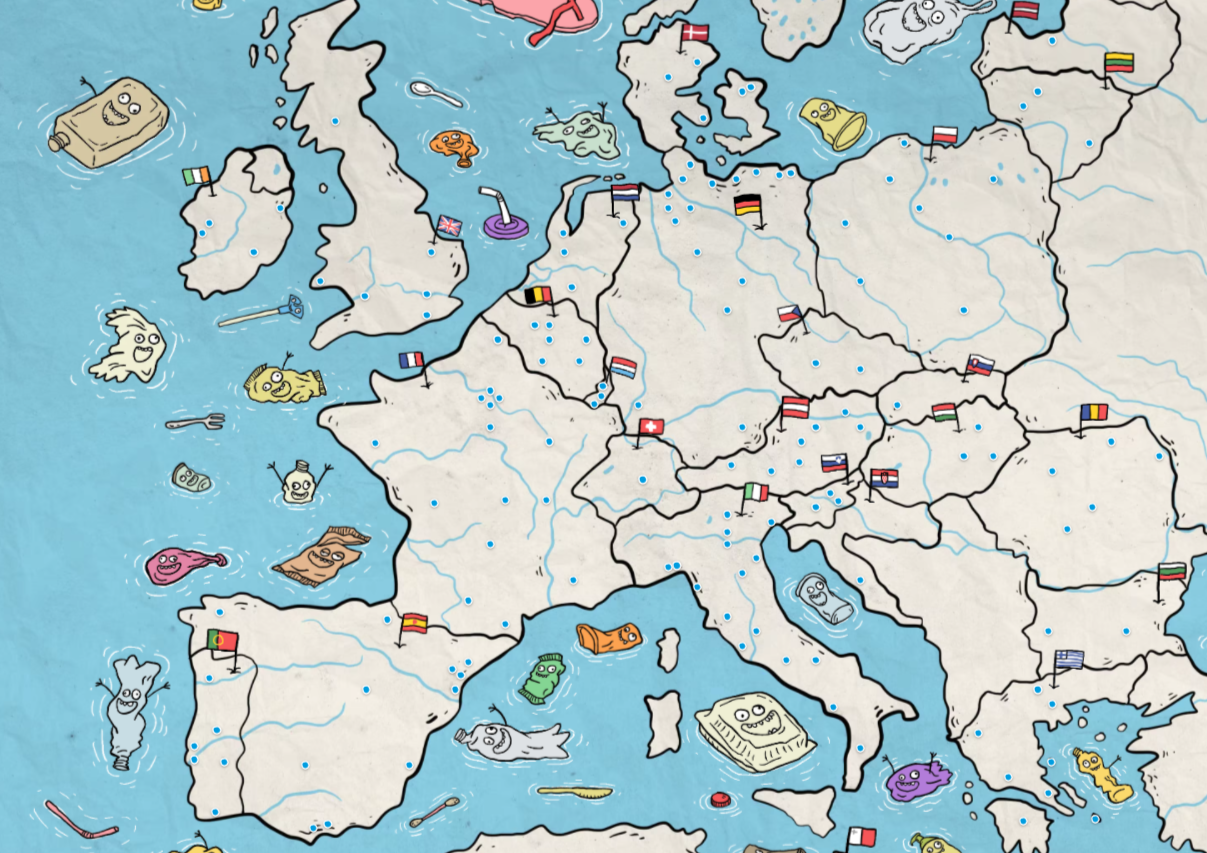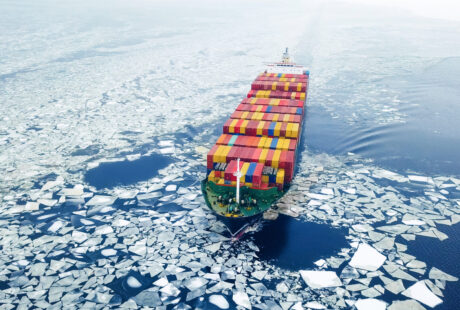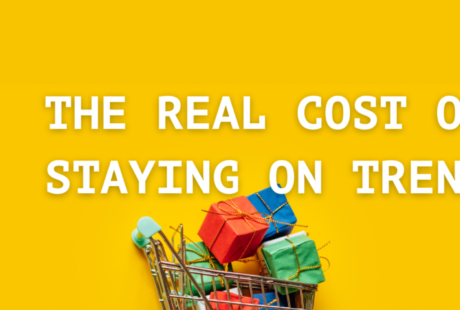Plastic pollution is everywhere, from the deepest marine trenches to the Arctic. Plastic does not degrade, and it remains in the marine environment for hundreds of years, breaking down into microplastics and nanoplastics that threaten marine life with entanglement and ingestion, and favour the spread of invasive species and dangerous pathogens. Plastic impacts marine life.
Clean-up devices that collect waste from the ocean will not solve the plastic pollution problem, nor will recycling. The only viable solution is to tackle the plastic and microplastic challenge at source. Seas At Risk works to phase out single-use plastic, drastically reduce the release of microplastics into the environment, hold producers accountable, promote production of sustainable alternatives, and encourage changes to consumption habits.
+11
million tonnes
of plastic enter the ocean every year.
Over 100,000
marine mammals
worldwide die due to plastic ingestion.
Seas At Risk created a multilingual interactive map with over 150 best practices to reduce single-use plastics. The map aims to provide businesses, public authorities, NGOs and educational organisations with effective solutions that can be easily replicated in other geographical areas or on a wider scale.

We live in the Plasticene Era, where plastic pollution suffocates our ocean and marine life. We need to reduce plastic consumption and promote alternatives to preserve the ocean’s health.
Frédérique Mongodin, Senior Marine Litter Policy Officer at Seas At Risk.


